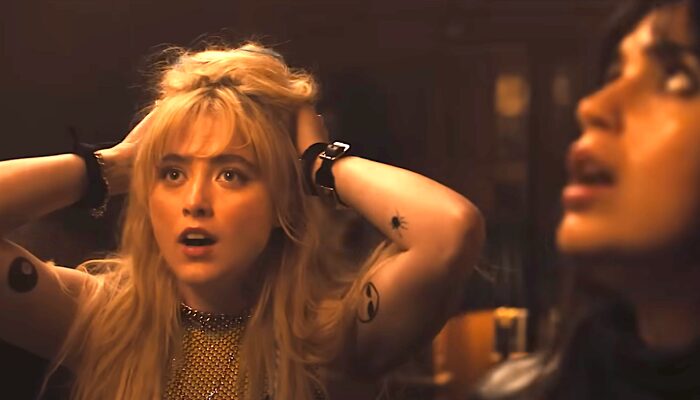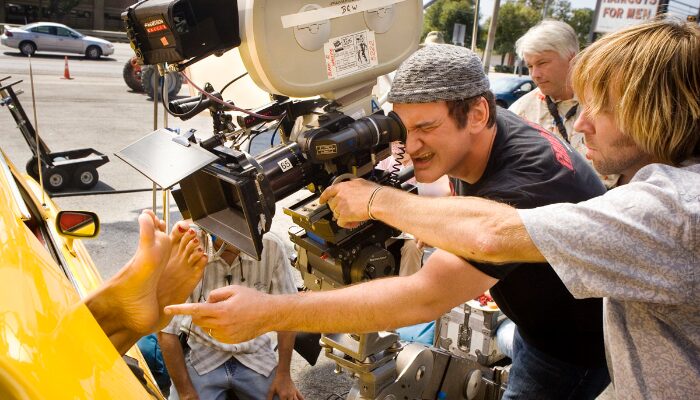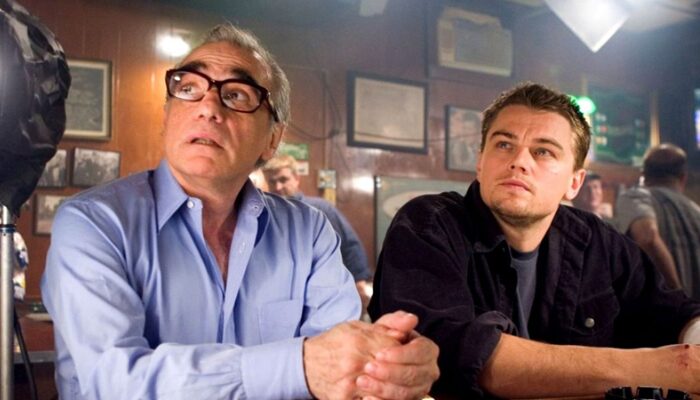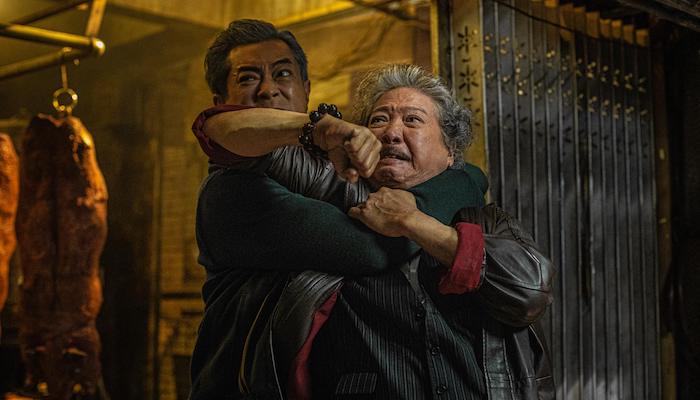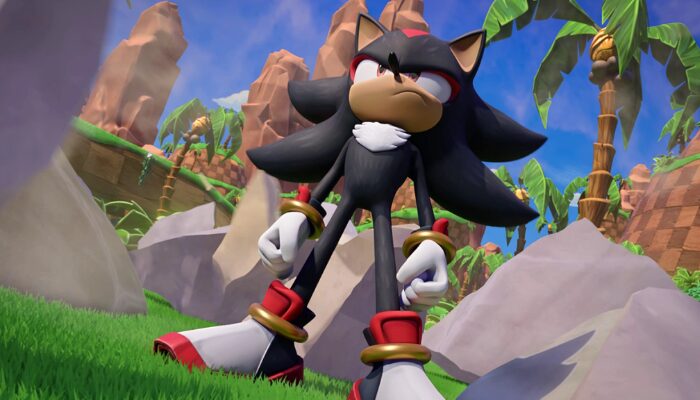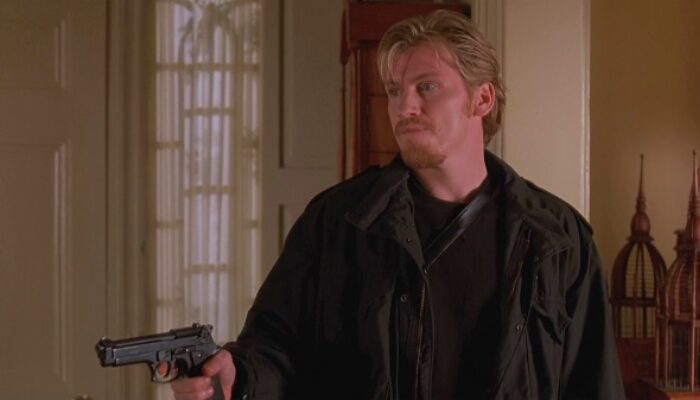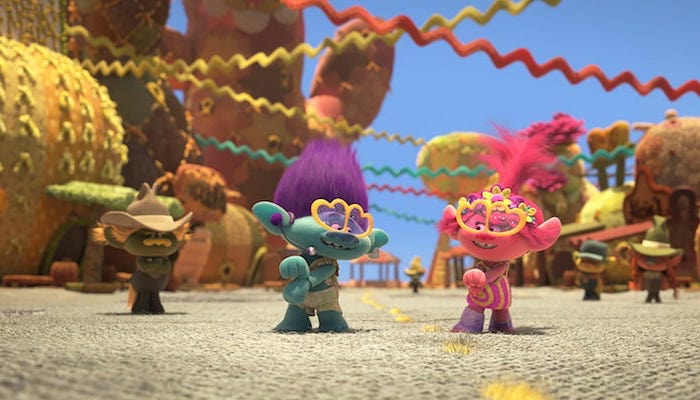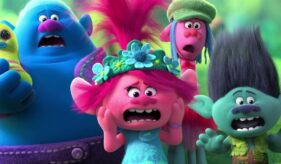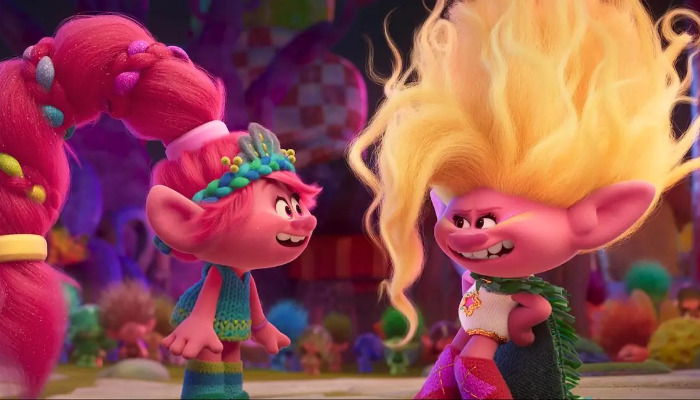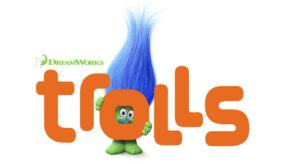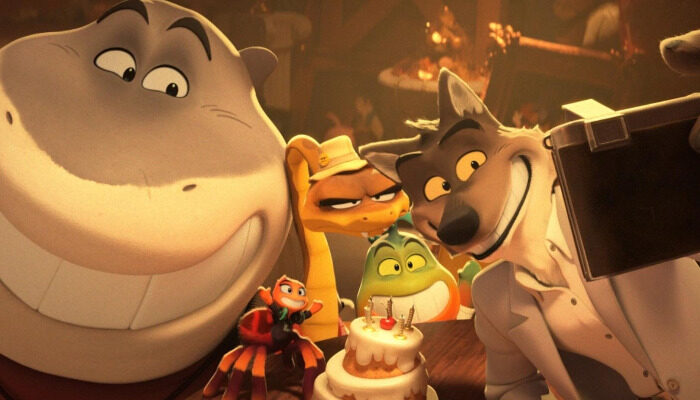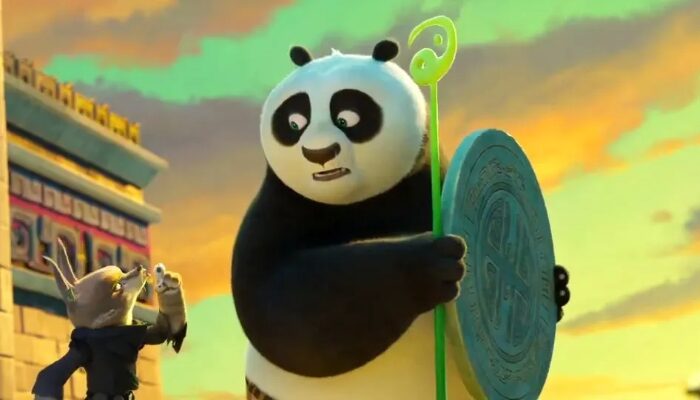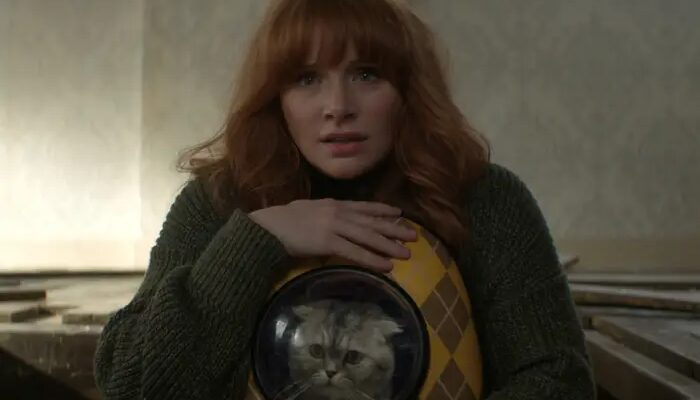Film Review: TROLLS WORLD TOUR (2020): A Powerful Chord Drowned Out By Messy Riffs
Trolls World Tour Review
Trolls World Tour (2020) Film Review, a movie directed by Walt Dohrn, and featuring the voice talents of Anna Kendrick, Justin Timberlake, Rachel Bloom, James Corden, Ron Funches, Kelly Clarkson, Anderson .Paak, Sam Rockwell, George Clinton, Mary J. Blige, Kenan Thompson, Kunal Nayyar, and J Balvin.
You’d think a film comprised of earworms would be more satisfyingly catching. Unfortunately, Trolls World Tour, the follow-up to DreamWorks Animation’s 2016 technicolored musical hit, comes off diffused and muffled by its own construction.
Picking up after the events of Trolls, World Tour follows Queen Poppy (Anna Kendrick) as she focuses on her new leadership role in Pop Village. With her friend/confidante/unbeknownst admirer Branch (Justin Timberlake), she works to maintain joy, safety, and stability within her realm. But once she learns about the true vastness of the Troll Kingdom, and how the queen of the Rock Trolls, Barb (Rachel Bloom), wants to conquer every part of it, Poppy journeys outside of Pop Village in the hopes of finding unity through the collaborative strength of the Troll tribes. Poppy’s journey pushes her and Branch’s friendship to the edge while also making her reckon with collaboration versus assimilation, and the importance of community within the wider scope of existence.
Does that last part sound a bit heavy for a film based on an old line of Danish toy dolls? Well, buckle in, because that’s just part of this wild ride.
Since their inception, DreamWorks Animation has been the designated butt of the joke when it comes to American animation. Perhaps it was the fateful A Bug’s Life/Antz debacle of the late ‘90s that have since set on edge the hackles of more snobbish critics and fans alike, mentally barring them from critical engagement beyond half-hearted lobs from lacking originality to outright copycat-ism.
That’s not to say that those claims don’t hold at least a teeny bit of weight. After all, DWA does adapt a lot of pre-existing IPs, and they really do love their franchises. And one could potentially argue that their rapid production schedule and output might dilute the overall quality of their works on both a visual and narrative scale (quantity versus quality, and so on and so forth).
But it’s hard to argue against DWA’s penchant for taking risk. They’ve let diverse voices and creative talent flourish both on and off the screen long before their main competitors even gave such a concept any thought. (**side-eyes Pixar from across the room**) They always seem willing to do something bonkers and outside the box, even within the confines of the franchise sequel. And – especially in the last few years – they never appear comfortable with settling for a singular, cogent in-house style.
Captain Underpants: The First Epic Movie definitely cribbed that faux-2D look from Blue Sky’s Peanuts adaptation. Even the first Trolls’ subtle scrapbook texture recalls the carved wooden figurine vibe from Reel FX’s The Book of Life, evoking a similar sense of magical wonder imbued into otherwise inanimate objects. This is to say that, stylistically-speaking, DWA is less of a copycat and more of a chameleon – they read the room and are able to morph and adapt others’ successful visuals to fit their own endgames. They are the proponents of remix culture within the arena of corporate animation, which – while not revolutionary – is laudable to an extent.
In fact, maybe that reliance on popular properties and sustained franchises is exactly what allows DWA such leeway in the first place: rather than having to abide to a certain level of expectations, these stories grant them the ability to mess around with offbeat styles and narrative non-sequiturs.
But like with all gambles the jackpot isn’t a guarantee…and it’s rarely the outcome, either.
The first Trolls isn’t DWA’s finest by any stretch, but it’s endlessly watchable for the sole fact of how bizarre it is. A well-meaning but rather blandly-written “happiness is found within” morality play is accentuated by witty dialogue that relentlessly toes the line of the double entendre in a sneaky there-but-not-really-there, blink-and-you’ll-miss-it sort of way. Not to mention the film’s hyper-saturated environment constantly gives your eyes enough optical sustenance, and the aforementioned felt-constructed details make you question just how “real” this world really is.
Trolls World Tour takes everything that made its predecessor harmonious and cranks it up to 11, shaking it up from its somewhat stable foundation.
The scrapbook quality of the world is extremely evident this time around, which bombards you with style rather than teases you with scavenger hunt-like hints. The way the motion is animated is too dissonant between primary and background characters – the former having a smooth rendering to them, while the latter having a choppy, nearly stop-motion aspect. Just like with the construction of the world, this detail is too distracting and doesn’t signify anything beyond a meaningless visual quirk. The cleverness of the dialogue from its predecessor is discarded for sustained bursts of hyper-active, off-the-wall insanity – something that will surely keep younger attention spans tuned in, but at the cost of grating on the nerves of anyone past adolescence. (How many lightning-fast freak-outs from King Peppy can you tolerate before you just wish for him to be completely gone from the narrative? Or how many aberrant moments like a Troll being birthed out of another one’s tuft of hair can you withstand before you really start to wonder what the hell you’re watching?)
Conversely, though, Trolls World Tour ups the ante on its moral lesson, choosing to focus less on the personal attainment of happiness and rather the drastic side effects of…cultural appropriation. Yep, that’s right: a successful film series made on the backs of reworked pop ballads turns around and kills its very progenitor…or at least gives it a good maiming. Granted, from a studio/franchise that makes their mark by co-opting other studios’ styles to suit their own stories, such a message comes off as slightly tone-deaf. But the speed and profundity at which World Tour takes a serious turn is bound to bowl a viewer right over.
In the Troll Kingdom (just as in the real world) music is a by-product of culture, and thus an avatar for it, too. Making it detached from its history is a form of erasure, and a willful ignorance of the significance which it otherwise holds. Prince D (voiced by Anderson .Paak) asserts this notion by explaining to Poppy how scrapbooks (a.k.a. history) is “cut out, glued, and glittered by the winners”. Having such stability and comfort in your own identity, while also lacking the acknowledgment of that in others, is a form of privilege that the position of the oppressor grants you.
It also perfectly ties in with a subplot of Poppy’s reckoning with her own social power, manifested through her tendency to alienate her friends and allies. As she learns – via Branch and Biggie’s grievances, and Barb’s loneliness diatribe – meaningful social dialogue on any topic is a two-way street, and your history and experiences aren’t the only ones that matter.
You might think this is too heavy of a message for a family movie to successfully convey, but director Dohrn and his team of writers actually do so with the perfect balance of clarity and metaphor. For a country – strike that…for a world that’s currently having a cultural reckoning on the extent of racism and class inequality (and the cultural appropriation that is a by-product of that), World Tour’s message is shockingly prescient.
And yet, for a film whose importance message lacks condescension and didacticism, why does it bury it so late in the overall plot? Why does it turn to it after so many other insignificant distractions? Is the film actually committed to its moral, or is tacked on as a secondary notion…a sort of forced afterthought? In this way, Trolls World Tour isn’t so much an amplification of its predecessor’s vibes, but rather an inverse of them: solid plotting and a blatant moral, becomes tiresome plotting and a terrific moral. It’s admirable and frustrating all at once, and makes for an exasperating watch.
DWA has since proven their ability to tell rousing stories with glorious animation and perfunctory humor. With Trolls World Tour, they prove their capability to comprehensibly tackle heavy topics without talking down to their targeted demographics. But until they stop distracting their audiences with wild erroneousness, their tunes will always fall a little flat.
But hey, I’m glad the McElroy brothers got something out of it.
Rating: 4/10
Leave your thoughts on this Trolls World Tour review and the film below in the comments section. Readers seeking to support this type of content can visit our Patreon Page and become one of FilmBook’s patrons. Readers seeking more film reviews can visit our Movie Review Page and our Movie Review Pinterest Page. Want up-to-the-minute notifications? FilmBook staff members publish articles by Email, Twitter, Instagram, Tumblr, Pinterest, and Flipboard.
Related Articles
FilmBook's Newsletter
Subscribe to FilmBook’s Daily Newsletter for the latest news!

